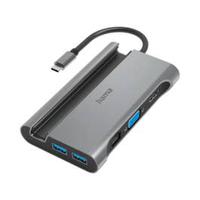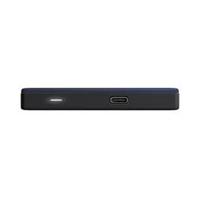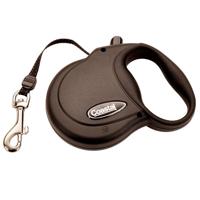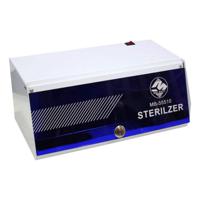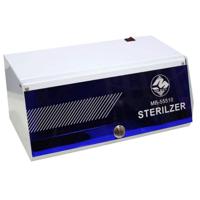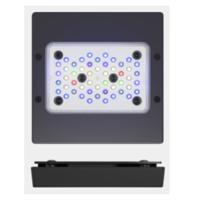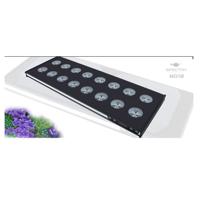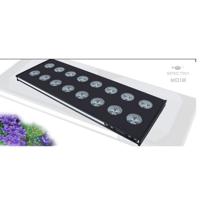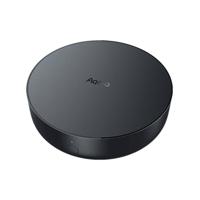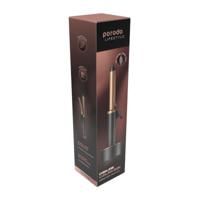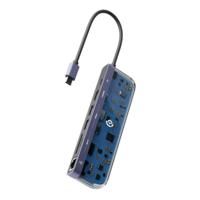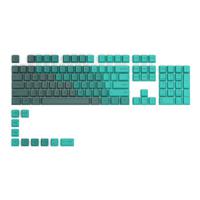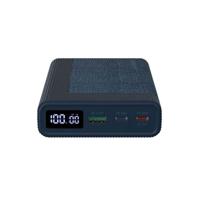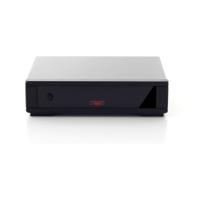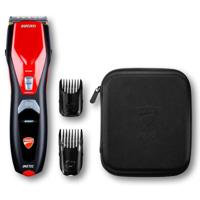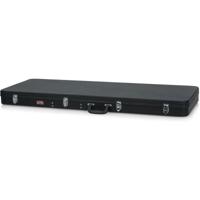About Hubs and Switches
Today the world is all about better connectivity or communication. However, these advanced modes of communication and network are much supported by technology. To ease the ways of connection and communication, experts keep introducing new gadgets and devices. Network hubs and network switches are one such mandatory technological advance of this era.
Often used interchangeably, the network switches and hubs are different from each other. A hub is a networking device that helps a user to connect multiple PCs with a single network. These hubs consist of different materials, including Firewire, Ethernet, and USB connections. While on the other hand, a switch is a control unit that works differently. A network switch is responsible for turning the flow of electricity (on and off) in a circuit. At times it also works to route the information patterns for streaming electronic data sent over a specific network. Concerning hubs, the switches are meant to connect network segments to the computer devices.
Understanding the differences between network hubs and switches
Hubs, switches and routers are the connecting bridges for making a complete network. All these devices are different from each other but perform somewhat the same functions. This is the reason why we can find technicians using these terms interchangeably. On the other hand, this is why a common and non-technical person often gets confused between the two. When connecting these devices is much easier, the selection of the right type is a challenge. Considering the wide seen confusion, we are here to clear the fog. Here we will discuss some important features of the Hubs and switches to help you understand the two networking devices. With this understanding, you can easily differentiate and prefer one over others according to your need.
Understanding a network hub
A network hub is a device that connects multiple computers in a LAN (Local Area Network). All the information sent to the hub is then processed through each port and delivered to every device on the network. Hubs are not able to differentiate one computer from another. This is why they receive information on one port and then blindly send it to all ports within the network. In such cases, there is no segregation of if the information was intended for those computers or not. To understand, let’s assume you have a total of five computers connected even though you may want to send information to one of these. A hub will deliver information to all five computers hence leaving no privacy.
Understanding a network switch
A network switch is responsible for connecting multiple computers via LAN. After the first data transfer, a network switch creates “A Switch Table.” This table matches ports to connect certain specific devices with the help of their MAC addresses. Opposite to hubs, the switches can segregate between computers. The switches memorise the path they follow for the first time. All the later data processing is done following those footsteps. The network switches are multi-port network bridges that come with the media access control addresses. Some switches can also forward data at the network layer while incorporating the routing functionalities.
Understanding the difference between hubs & managed Switches
Technically speaking, a hub works on the physical layer named “Layer 1” of the OSI model. While a switch works on the data link layer known as “Layer 2”. This is why a switch works more efficiently than a hub. A switch can join multiple computer devices within a single LAN. On the other hand, a hub connects multiple Ethernet devices to make a single segment. Another difference is that a switch is smarter than a hub when determining the target or forwarding information packets. As the switches have higher performance with effective results, these are a bit more expensive than hubs.
Hubs & Switches – The performance differences
Considering the advancement in technology and users’ preferences, a switch has more effective performance than a hub. People prefer using a switch at home if they have more than one computer connected to a single network. Here switches help to generate a significant amount of traffic. This amount of traffic is mostly required for applications like multiplayer games or heavy file sharing. Technically speaking, a hub operates using a broadcast model while a switch operates using a virtual circuit. Functionally when hubs pass the data to all computers in a specific network, the switches deliver the information selectively. Hence by generating targeted traffic, switches work better than hubs.
Tips on how to buy Hub or Switch online in the UAE
For all the non-technical people out there, a rule of thumb is that the best switch is an unmanaged network switch. Moreover, the price of the hub or switch varies according to the number of ports it has. For instance, a 5-port switch will be cheaper than a 24-port switch. No wonders, a 24 ports switch is perfect to use in office settings with larger teams. While at the same time, a Fast Ethernet switch will cost less than a Gigabit Ethernet switch. Are you already scratching your head with confusion? Relax and read the following tips on how to pick the right device for you. These tips can help you get hands-on the most suitable option according to your needs.
- Pick your ports – As the first step, you must decide how many ports you will need in your switch. If you have a handful of devices with Ethernet connectivity requirements, you can go for a five-port switch. If otherwise, you can pick 16 or 24 port devices for extended use.
- Fast Ethernet vs Gigabit – The speed of your connection depends on the device. Most people prefer using Gigabit routers or switches as they offer better speed and uninterrupted connectivity. However, here, depending on the brand, you might not be able to save much money.
- Switch with advanced mode – It is another important parameter you should consider while buying a network switch. Today most consumers prefer plastic switches over metallic ones. The reason is that they are less dangerous and more economical. Would you like to go for it?
- Managed or unmanaged devices – We would recommend you keep things simple for you. A managed switch is easy to use while connecting different devices. Moreover, you can easily access them using a web-based UI application to tweak settings.
- Start your search – We hope you have made a shortlist of the specifications of the device. Then, it’s time to start looking for products online. Here at Shops.ae you can explore products from the top brand. Here, the best way is to set price presences to find all the possible options.
- Read product descriptions – While shopping online, you must visit the product description section to know all the device’s specifications. This is where you will find information about the make, model, ports, and other device connectivity options.
Reading all the details about selected products help to make wiser shopping decisions. The tips mentioned above can be switch hub or USB network hub shopping easier and hassle-free. However, considering your budget is also of great importance, here at Shops.ae you can find more than 500 brands selling computer accessories, including POE network switch and a variety of 8 port Gigabits switch online in Dubai. So keeping a well-defined budget can help you make sensible buying decisions.
Question & Answer
When should you use a network hub?
As compared to switches, the hubs come with limited effectiveness and ability to work. It means that they can transfer a limited amount of data packets at a time. This is why hubs are not suitable for office use or when you need to connect a lot of devices at a time. However, hubs are best as stand-alone devices. The hubs are best to connect to compatible hubs and switches to make a larger network. Moreover, hubs are best and easy to use for installing, making or maintaining the network devices for a home network.
How much does a cisco switch cost?
Despite many brands selling hubs, switches and routers, Cisco is known and trusted by all. The brand is reliable, secure, scalable and cost-efficient. Moreover, the quality of the products is why it can deliver high performance and surety to meet the demands of any business size. The company is selling products in different models where each varies in price. At shops, you can explore the brand for specific products and know the price and other specifications in just a few clicks.
Do you need a router if you have a switch?
Yes, a router is necessary. Technically speaking, a router works differently than a switch. When a switch transmits data from one physical port to another, the router does that between different networks. To be more specific, a switch uses MAC while the router uses IP addresses to transmit data. Being two entirely different functional elements of the networking system, both are important. These two devices work at different levels for data transmission. Hence a router is always necessary, even if you have a switch.
Where can I buy hubs and switches?
Here at Shops, you can explore and find unlimited networking devices, including cheap cisco layer four switches. Moreover, you can also buy the best TP link eight-port switch online in UAE. We at Shops.ae have the topmost trusted brands offering all types of hubs and switches online. Some are; Cisco, D-Link, HP, TP-Link, Moxa, NETGEAR, Linksys, Ubiquiti Networks, and Twins. In the end, we must consider the importance of staying connected in today’s world. This is the key to beating the competition and staying in the picture for long.
Hence, if you are having trouble with your internet connection or facing unexpected interruptions in communication, it’s time for a change. There are chances that one of your networking essentials (hubs, switches, routers) is not working fine. So, keep the worry of budget aside and explore Shops.ae to find what the world holds for you. We assure on a product search engine ; you can find a reliable product in your budget to stay connected with the world without interruptions.



